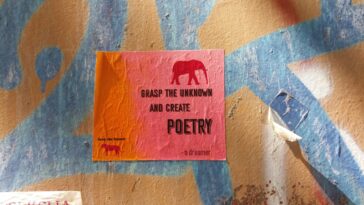The Challenge of Englynion: Welsh Poetry Forms
Are you up for a challenge? Englynion (plural of englyn) are a form of poetry from Wales. It has an ancient history and over the centuries has evolved into multiple variations. These involve counting syllables, a standardized rhyme pattern and occasionally something called a cynghanedd (a pattern creating harmony). But not all forms require the cynghanedd. (BTW: please don’t ask me to pronounce many of these terms.) Writing a poem using englyn as a form can be difficult. But, as … Read More »





